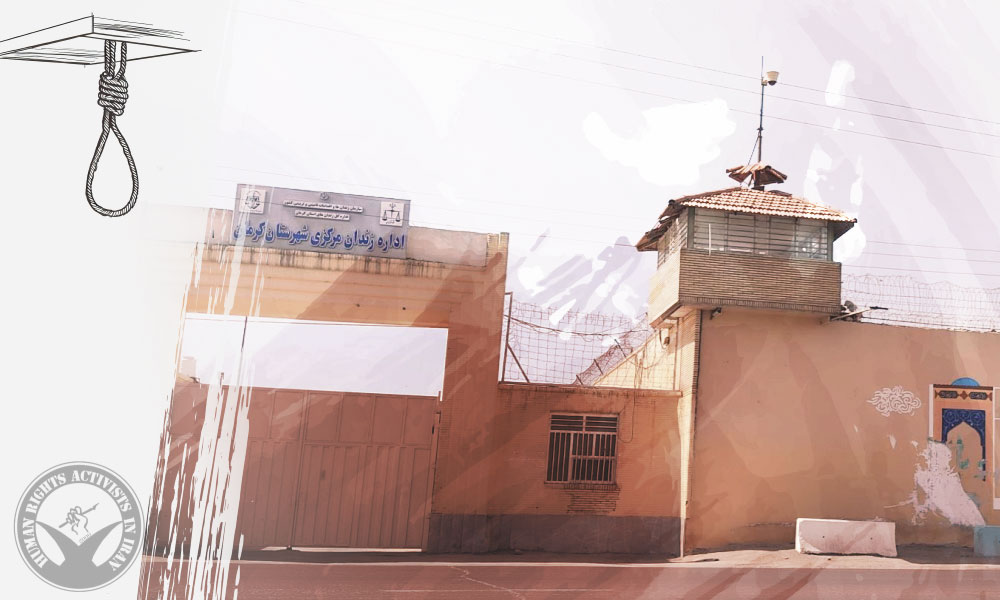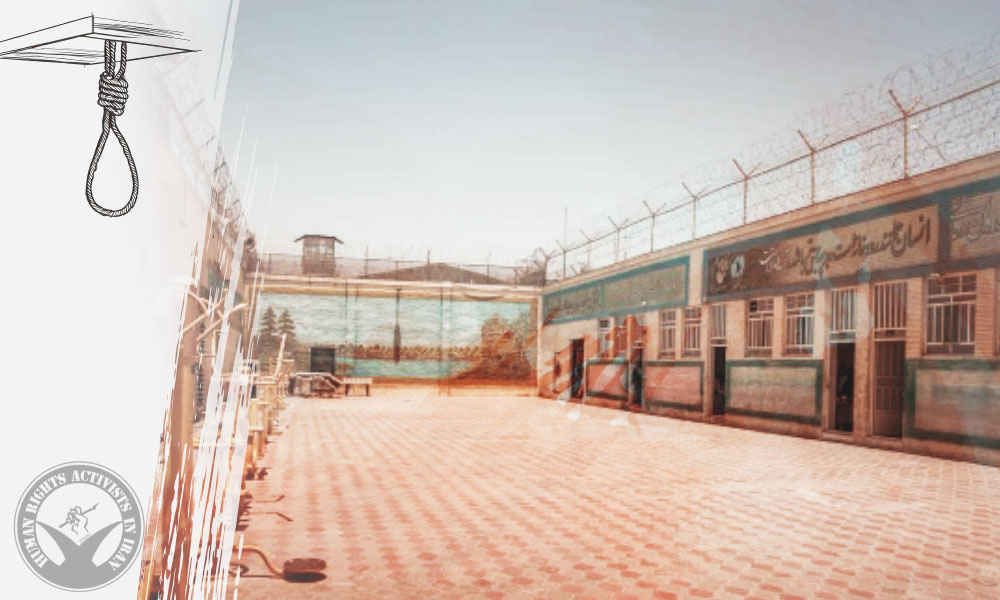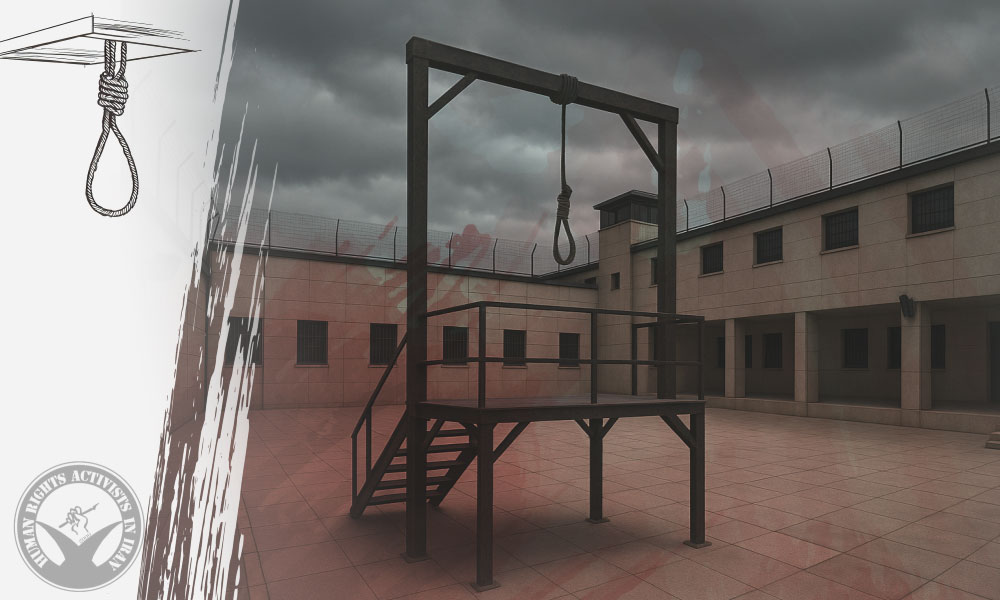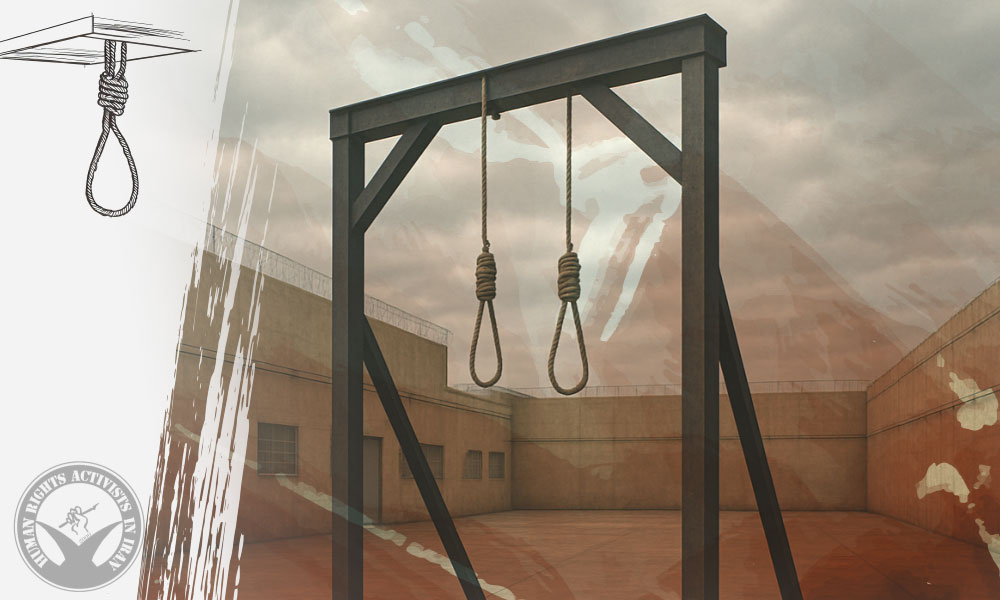HRANA – The head of the Judiciary in Qom Province announced the execution of a prisoner convicted of “espionage” for Israel. The prisoner was executed at dawn on Saturday, October 18, in Qom Prison, after previously being sentenced to death on charges of moharebeh (enmity against God) and corruption on earth (efsad fel-arz).
According to Mizan, the head of the Judiciary and the Judicial Council of Qom Province, without disclosing the prisoner’s identity, stated that the execution was carried out after the sentence was upheld by the Supreme Court and the prisoner’s request for clemency was denied.
Seyed Kazem Mousavi claimed that the individual had begun cooperating with Israeli intelligence services “for personal and occupational reasons” in October 2023, and was arrested in February 2024.
The Judiciary’s Media Center, without providing details about the trial process, announced that after obtaining the suspect’s “confessions,” the case was referred to court, which eventually issued a death sentence on charges of Moharebeh and efsad fel-arz.













